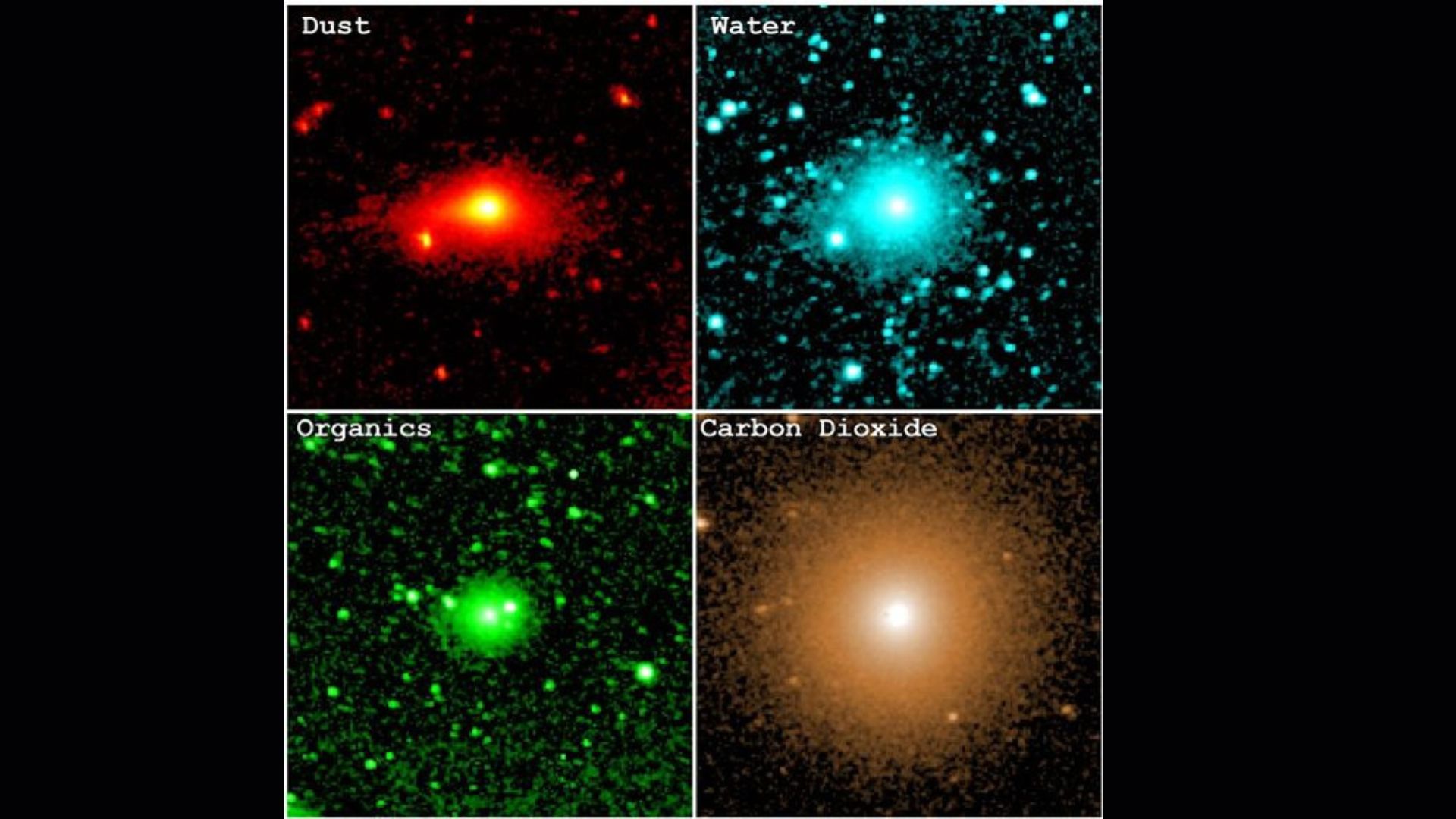Siblings of Autistics Show Developmental Delays
Get the world’s most fascinating discoveries delivered straight to your inbox.
You are now subscribed
Your newsletter sign-up was successful
Want to add more newsletters?

Delivered Daily
Daily Newsletter
Sign up for the latest discoveries, groundbreaking research and fascinating breakthroughs that impact you and the wider world direct to your inbox.

Once a week
Life's Little Mysteries
Feed your curiosity with an exclusive mystery every week, solved with science and delivered direct to your inbox before it's seen anywhere else.

Once a week
How It Works
Sign up to our free science & technology newsletter for your weekly fix of fascinating articles, quick quizzes, amazing images, and more

Delivered daily
Space.com Newsletter
Breaking space news, the latest updates on rocket launches, skywatching events and more!

Once a month
Watch This Space
Sign up to our monthly entertainment newsletter to keep up with all our coverage of the latest sci-fi and space movies, tv shows, games and books.

Once a week
Night Sky This Week
Discover this week's must-see night sky events, moon phases, and stunning astrophotos. Sign up for our skywatching newsletter and explore the universe with us!
Join the club
Get full access to premium articles, exclusive features and a growing list of member rewards.
One in three children who have an older sibling with an autism related disorder show higher levels of autism-related behaviors or lower levels of developmental progress.
The autism spectrum of disorders is a group of developmental conditions characterized by problems with social interaction and communication. About 1 in 100 children today are diagnosed with an autism spectrum disorder (also known as an ASD). Previously, researchers found that almost one in five of younger siblings of children with an autism spectrum disorder themselves developed one.
"It is clear that the younger siblings of a child with an ASD may face challenges even if they are not themselves identified with an ASD," study researcher Daniel Messinger, of the University of Miami, said in a statement. "This new work identifies classes of outcomes in these children."
The study reveals that difficulties faced by the younger siblings of children autism involve both lower levels of verbal and nonverbal functioning and higher levels of autism-related problems. Examples of a child's autism-related problems — which are not as severe as those of children with an ASD — include lower levels of back-and-forth play with others and lower levels of pointing to express interest in what is going on around them.
"We found that the majority of these high risk siblings appear to be developing normally," Messinger said. "However, a higher than expected proportion of the children face challenges related to higher levels of autism-related behaviors or lower levels of verbal and non-verbal developmental functioning."
Overall, the research says, the majority of high-risk siblings are developing typically at three years of age, but the development of a substantial minority is affected by subtler forms of ASD-related problems or lower levels of developmental functioning. Lower levels of developmental functioning and higher levels of autism-related problems in the at-risk siblings define what researchers refer to as the broad autism phenotype.
The research will be presented at the International Meeting for Autism Research in Toronto from May 17 to 19, 2012.
Get the world’s most fascinating discoveries delivered straight to your inbox.
 Live Science Plus
Live Science Plus











